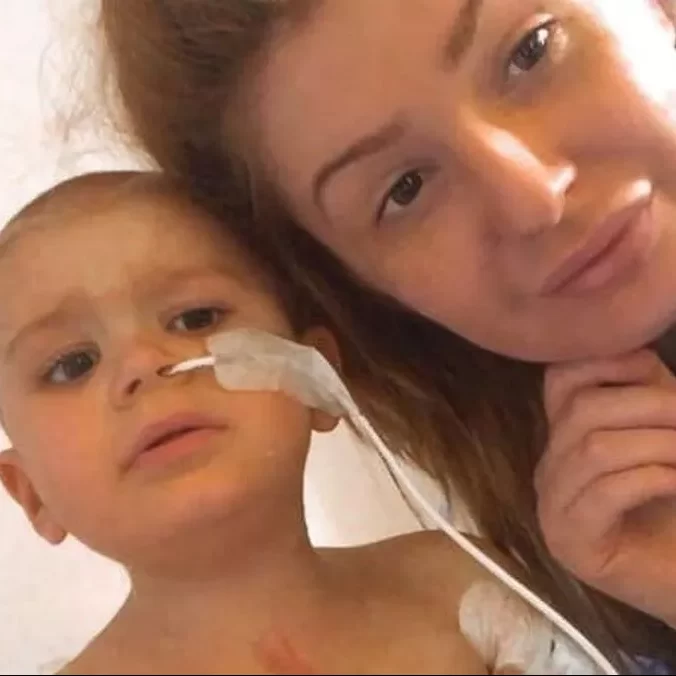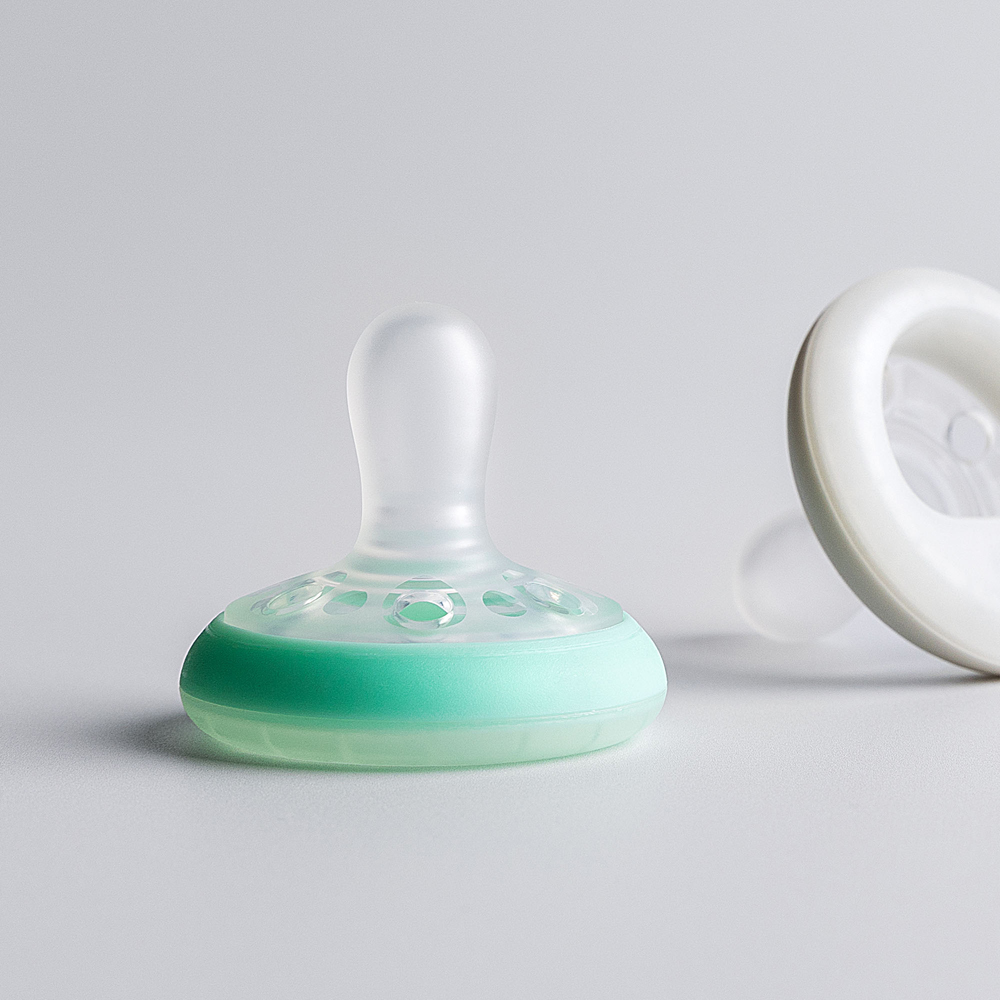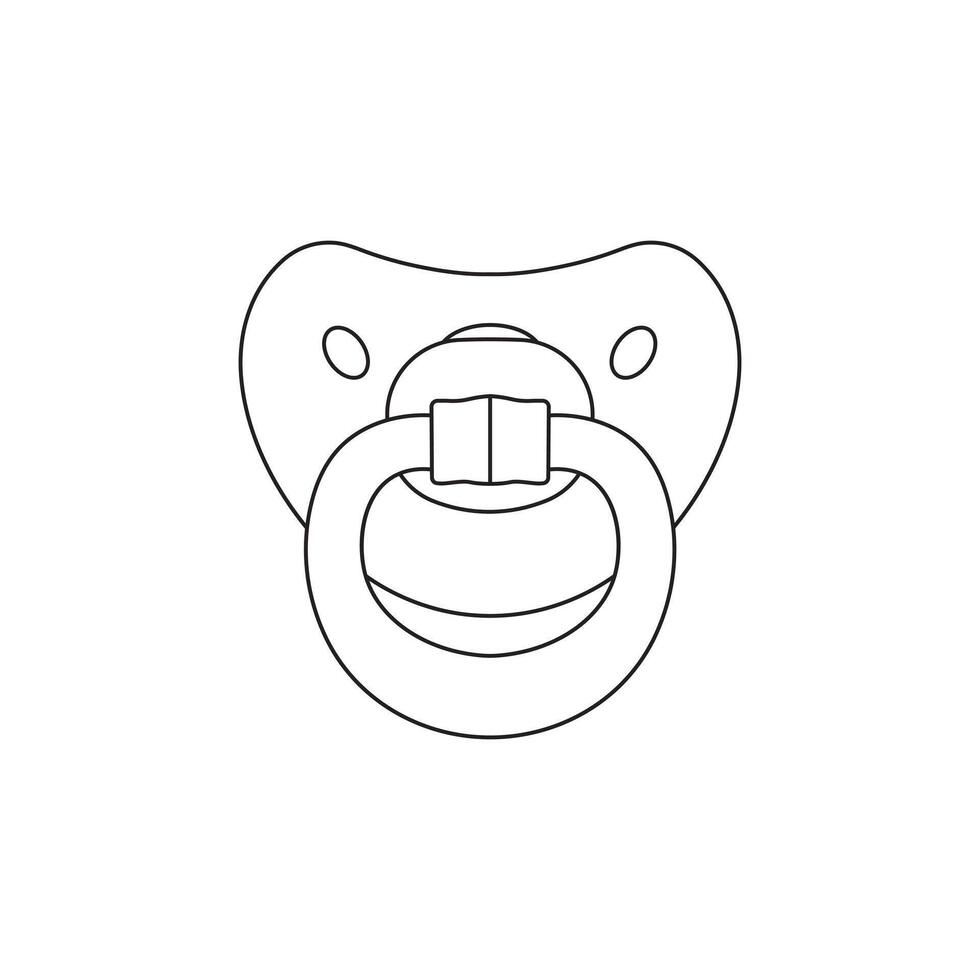Identifying Normal vs. Persistent Toddler Snoring
It’s normal for toddlers to snore now and then. Short-term snoring may happen due to a cold or stuffy nose. But if your toddler starts snoring out of nowhere and keeps at it, it’s important to pay attention. Steady snoring might be a signal that there’s a problem with your child’s sleep quality. Let’s dive deeper into normal snoring versus signs that it might be time to consult with a healthcare provider.
When to Worry About Your Toddler’s Snoring
You might feel unsure about when to take action. It’s concerning if snoring lasts more than a couple of weeks or if your child struggles to breathe while sleeping. Other troubling signs include choking, gasping, or pausing in breath during sleep. These could be clues to sleep apnea, a condition where breathing stops and starts in sleep.
Understanding the Duration and Patterns of Snoring
Keep track of how long and often your toddler snores. Occasional snoring, especially with a cold, is common. But snoring that goes on for more than three nights a week for over a month isn’t normal. Notice the snoring pattern too. If your child only snores with a stuffed nose but stops when it clears up, it’s likely not a big deal. But if the snoring is loud, harsh, and happens every night, it’s time to see a doctor.

Common Causes of Snoring in Toddlers
Toddlers snore for various reasons.
The Impact of Allergies and Respiratory Issues
Allergies can make a child’s airways swell, leading to snoring. Cold or infection may also play a role. If your toddler has allergies, keep their sleeping area clean to help ease snoring. Respiratory issues like a sinus infection could also cause snoring.
How Physical Obstructions Can Lead to Snoring
Physical blockages in a toddler’s airway lead to snoring. Enlarged tonsils, adenoids, or a deviated septum are common culprits. Your child could also snore if they have a structural issue like a small jaw or a narrow airway. Obstructions may require medical attention.
The Relationship Between Asthma and Snoring in Children
Asthma can lead to snoring in children. Asthmatic children may have inflamed airways that contribute to nighttime snoring. If your toddler with asthma snores, it’s worth getting checked. Asthma and snoring together may indicate a risk for sleep apnea.
Recognizing Symptoms of Obstructive Sleep Apnea
Understanding the connection between snoring and sleep disorders is vital for a toddler’s health. Obstructive sleep apnea (OSA) is a serious condition that could be behind your toddler’s sudden snoring.
The Link Between Snoring and Sleep Apnea in Toddlers
The leap from simple snoring to sleep apnea may be small yet significant. Snoring is often the most noticeable sign of OSA in toddlers. If the snoring is loud, and persistent, and your toddler exhibits restless sleep, it could point to sleep apnea. Obstructive sleep apnea happens when the airway is partly or completely blocked during sleep, reducing oxygen flow. This might make your toddler snore, gasp for air, or have pauses in breathing.

Identifying Red Flags for Sleep Disorders
Watch for these warning signs of sleep disorders, apart from snoring:
- Pauses in breathing while asleep.
- Choking or gasping sounds during the night.
- Excessive daytime sleepiness or naps.
- Behavior or learning issues.
- Growth problems that seem unusual.
- Night sweats due to the struggle to breathe.
Constant snoring and these red flags are reasons to consult with a pediatrician or a pediatric specialist. Identifying and treating sleep disorders early can improve your child’s sleep quality, behavior, and overall development.
Exploring Treatment Options for Snoring and Sleep Apnea
When your toddler shows signs of snoring or sleep apnea, it’s crucial to explore treatment options. Effective treatments can greatly improve sleep quality and overall health. Let’s look at both surgical and non-surgical approaches.
Surgical Interventions: Tonsils and Adenoids Removal
Surgery often is the go-to treatment when enlarged tonsils or adenoids cause snoring. Doctors call this procedure a tonsillectomy or adenoidectomy. For many children, removing these tissues helps them breathe easier at night. Studies suggest that most kids feel better and snore less after surgery. Remember, any surgery has risks, so discuss these with your healthcare provider.
Non-Surgical Remedies: Lifestyle Changes and CPAP Use
Not all snoring issues need surgery. Sometimes, simple changes at home can help. These include managing allergies and improving air quality in your child’s room. For toddlers with sleep apnea, a CPAP machine might be recommended. CPAP stands for continuous positive airway pressure. It uses a mask to help your child breathe while sleeping. Your doctor will guide you if CPAP is the right choice. Weight management and treating other medical issues can also reduce snoring.
Whether through surgery or home remedies, early intervention is key. It ensures that your child gets the treatment they need for restful sleep.

Preventive Measures and Home Remedies
Taking action before snoring becomes a problem is key. Let’s explore some proactive steps and home remedies.
Allergy Management and Environmental Changes
Allergies can lead to snoring by swelling up a toddler’s nasal passages. To help:
- Keep your child’s sleep area clean to reduce allergen exposure.
- Wash bedding in hot water weekly.
- Remove plush toys and extra pillows to clear the air around them.
Environmental changes can also make a big difference. Use air purifiers to keep the air clean. Keep pets out of your child’s bedroom if they trigger allergies.
The Role of Bedtime Routine and Sleep Hygiene
A consistent bedtime routine can help your toddler sleep better. Here are some tips:
- Set a regular sleep time and stick to it every night.
- Create a calming pre-sleep routine with quiet activities.
- Ensure the room is dark and at a cool, comfortable temperature for sleeping.
Good sleep hygiene is also important. This means:
- Limiting naps during the day to ensure nighttime sleepiness.
- Avoiding large meals, caffeine, and sugar close to bedtime.
- Making sure your child gets enough daily physical activity.
These preventive steps can improve your toddler’s sleep quality and reduce snoring. If snoring persists, however, it might be time to see a healthcare professional.
Seeking Professional Help: When to Consult a Pediatrician
Parenting comes with its challenges, one being when to seek medical advice. If your toddler’s snoring is sudden and consistent, it warrants a visit to the pediatrician. Other signs to look for include difficulty breathing during sleep, or behavior changes. Your pediatrician will likely refer you to a specialist if they suspect a sleep disorder.
The Benefits of a Pediatric ENT Consultation
A pediatric ENT (ear, nose, and throat) specialist can offer tailored care. They have the expertise to diagnose and treat snoring and related sleep issues in children. Benefits of consulting them include:
- Expert evaluation of the airway structure.
- Accurate diagnosis of snoring causes.
- Comprehensive approach to treatment options.
- Guidance on managing and preventing future issues.
Visits to a pediatric ENT can improve your child’s sleep quality and overall well-being.
Understanding the Diagnostic Process: Sleep Studies and Endoscopy
Diagnosing the cause of snoring often involves specific tests. A pediatrician might recommend a sleep study or endoscopy. Sleep studies involve overnight monitoring to observe breathing patterns. Endoscopy allows doctors to look at the throat and nasal passages. These tools help the pediatric ENT find the problem’s source. From there, they can recommend the best treatment path. This may include lifestyle changes, medication, or surgery, depending on the cause of the snoring.



